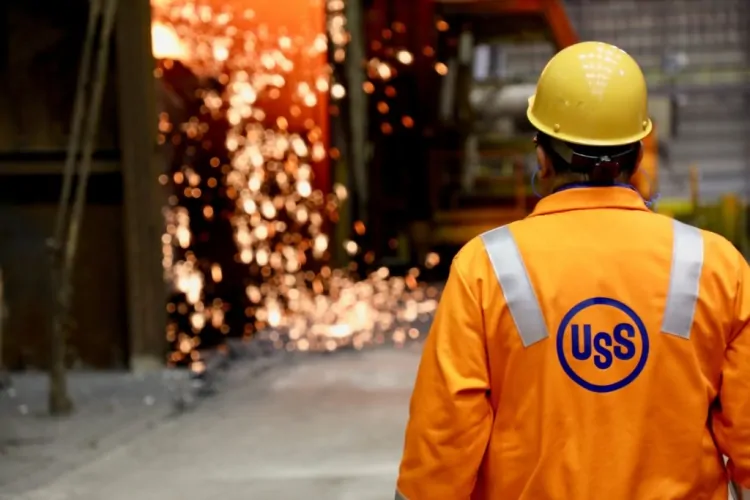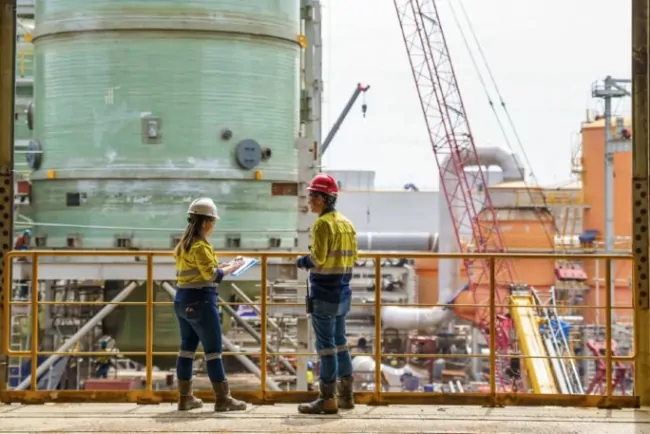US Steel to remain in America, form ‘partnership’ with Nippon, Trump says
US President Donald Trump on Friday announced that US Steel and Japan’s Nippon Steel had agreed to form a “planned partnership” that meant the American steel company would remain in the country, headquartered in Pittsburgh.

Speaking via a post on his social media platform, Truth Social, Trump hailed the agreement as a landmark move for American industry and a significant win for domestic manufacturing.
“This will be a planned partnership between United States Steel and Nippon Steel, which will create at least 70,000 jobs, and add $14 billion to the US economy,” Trump stated. “It’s a tremendous step forward for American workers, our steel industry, and our national economic independence.”
The announcement comes amid growing concerns about the offshoring of American manufacturing and increasing foreign ownership of critical industries. Trump emphasized that the deal includes strict provisions to safeguard American jobs and to prioritize domestic steel production for national infrastructure and defense projects.
According to sources familiar with the deal, the partnership will involve significant new investments in US Steel facilities, including the modernization of aging plants and the construction of new production lines equipped with cutting-edge, environmentally friendly technologies. The companies also plan to collaborate on advanced steel products for use in automobiles, construction, and renewable energy projects.
Industry analysts say the partnership could strengthen US Steel’s global competitiveness while ensuring it remains under majority American oversight. Nippon Steel, one of Japan’s largest steelmakers, is expected to bring in technical expertise and access to new markets, while US Steel will contribute its extensive domestic production base and workforce.
This development is likely to be closely watched by policymakers and labor unions alike, many of whom have long advocated for policies to revitalize American heavy industry and reduce reliance on foreign supply chains.















